



















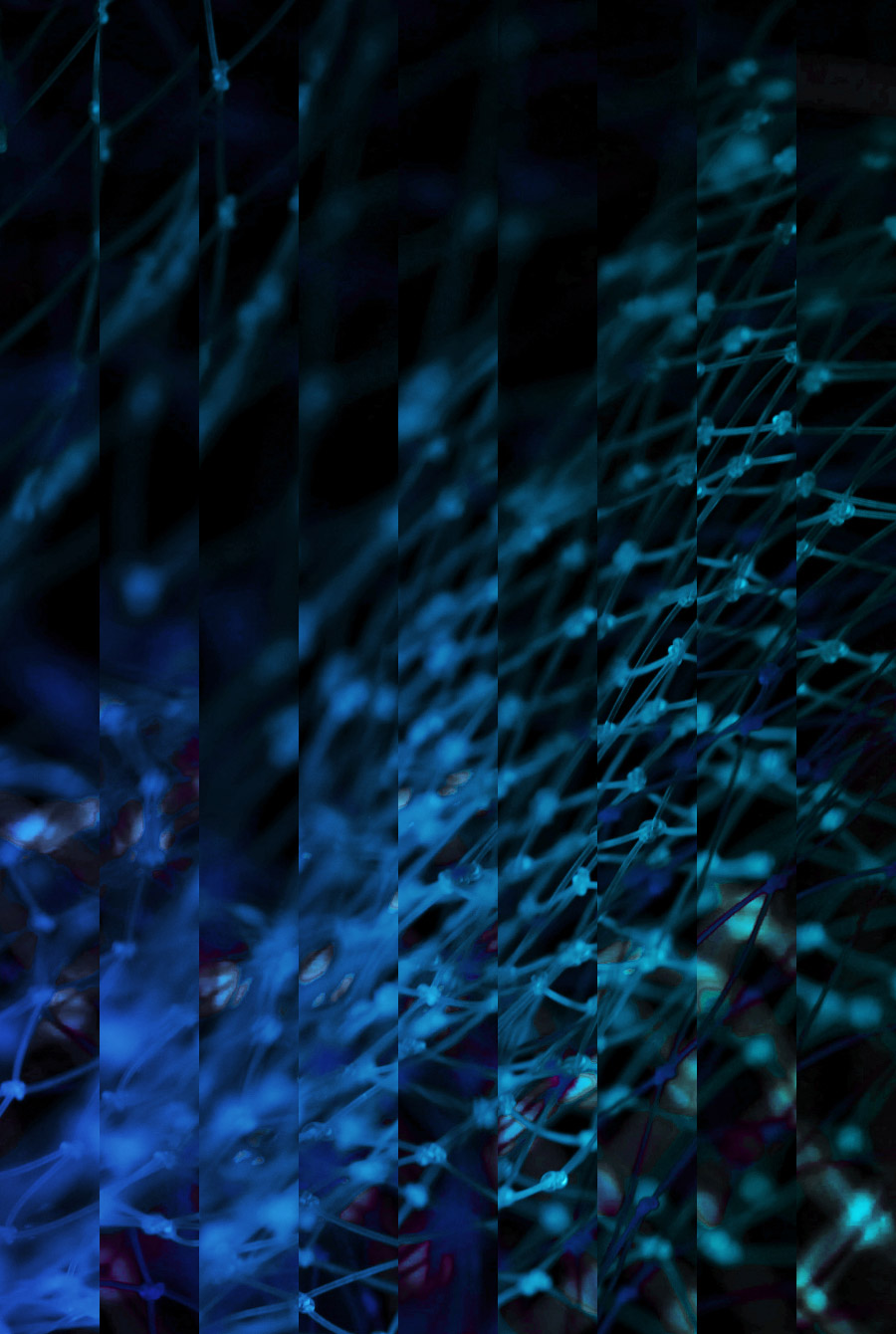









Heidelberg
Institute for
Theoretical
Studies
Think beyond the limits!
The Heidelberg Institute for Theoretical Studies was established in 2010 by physicist and SAP co-founder Klaus Tschira (1940-2015) and the Klaus Tschira Foundation as a private, non-profit research institute.
HITS conducts basic research in the natural sciences, mathematical and computer science. Major research directions include complex simulations across scales, making sense of data, and enabling science via computational research. Application areas range from molecular biology to astrophysics. An essential characteristic of the Institute is interdisciplinarity, implemented in numerous cross-group and cross-disciplinary projects. The base funding of HITS is provided by the Klaus Tschira Foundation.
Also visit our social media channels
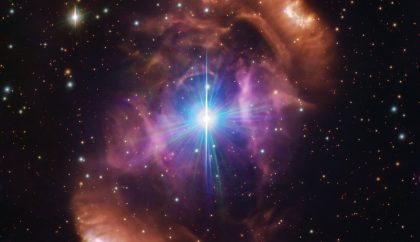
A clear view on magnetic stars through a beautiful nebula
An international team of astronomers have solved a stellar mystery utilizing new data from the European Southern Observatory (ESO), and confirm …
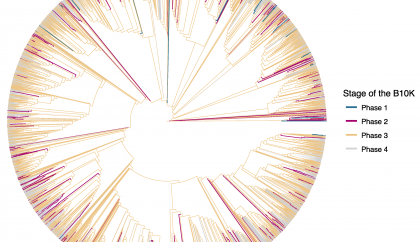
Of bantam brains and fancy footwork: bioinformatics tools help reveal complexity of avian evolution
In 2014 the Science journal featured an article on the bird tree of life, mentioning the essential role of algorithms and supercomputers …
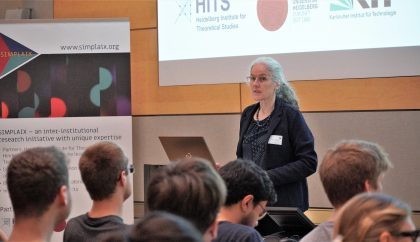
Registration now open: 2nd SIMPLAIX Workshop on “Machine Learning for Multiscale Molecular Modeling”
The 2nd SIMPLAIX Workshop on “Machine Learning for Multiscale Molecular Modeling” will take place in the Studio Villa Bosch in Heidelberg …
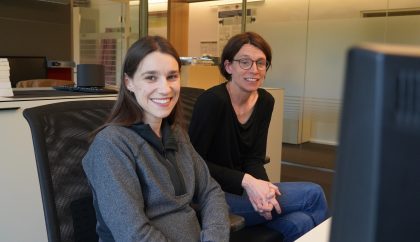
Uncovering the complexity of collagen
Debora Monego, PostDoc in the Molecular Biomechanics (MBM) Group at HITS, has been awarded the Marie Skłodowska-Curie Actions Postdoctoral Fellowship (…
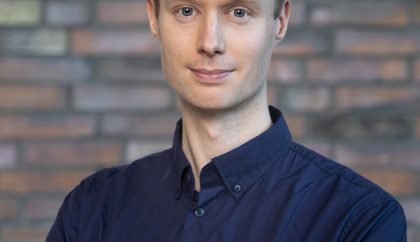
HITS researcher Sebastian Lerch appointed ECMWF Fellow
Sebastian Lerch, junior research group leader at the Karlsruhe Institute of Technology (KIT) and visiting scientist in the Computational Statistics (CST) …

Issue 1 | 2024
At HITS, artificial intelligence (AI) is not a current trend, but a long-established practice: Several groups have been working with machine …
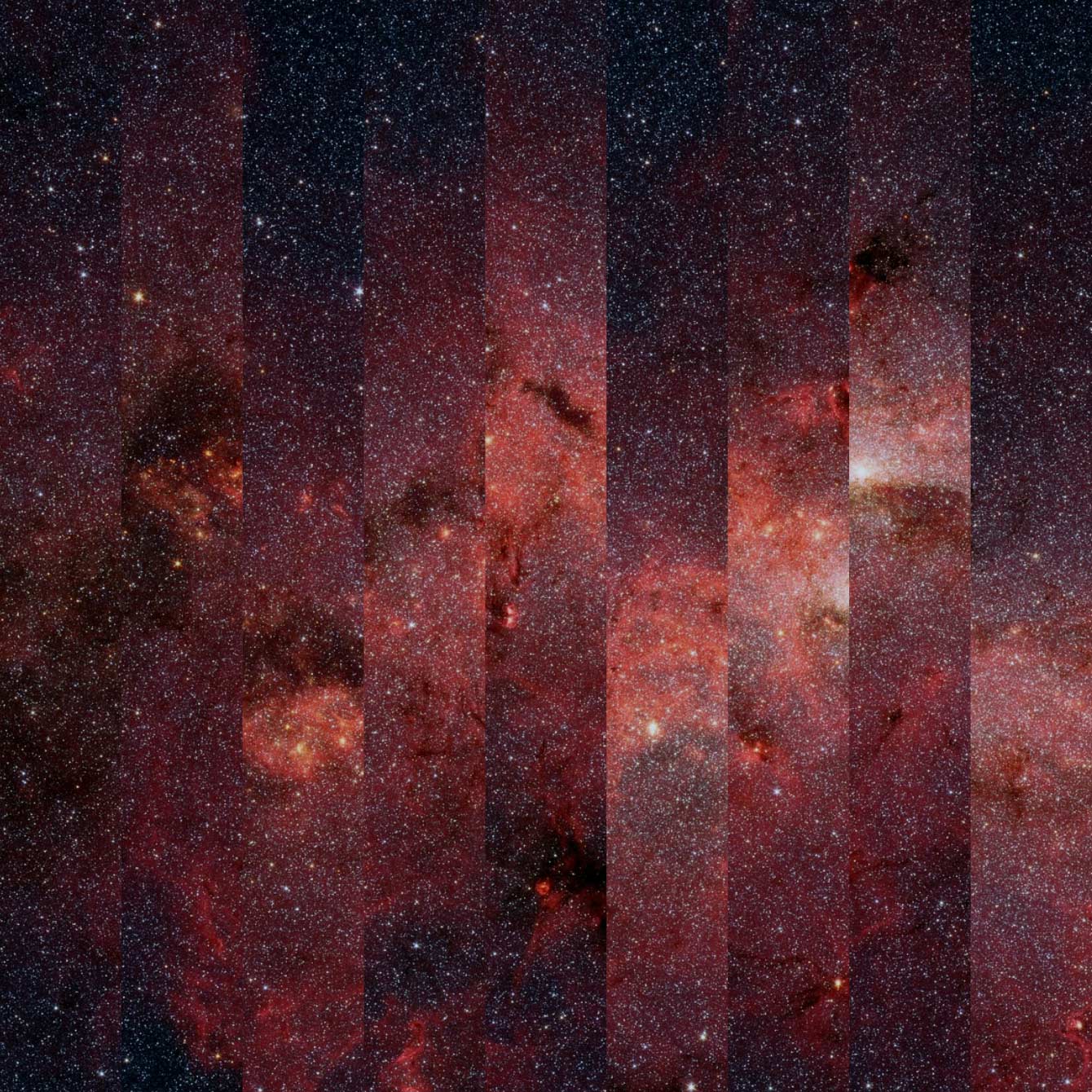
Astroinformatics
The AIN group develops new methods and tools to deal with the exponentially increasing amount of data in astronomy.
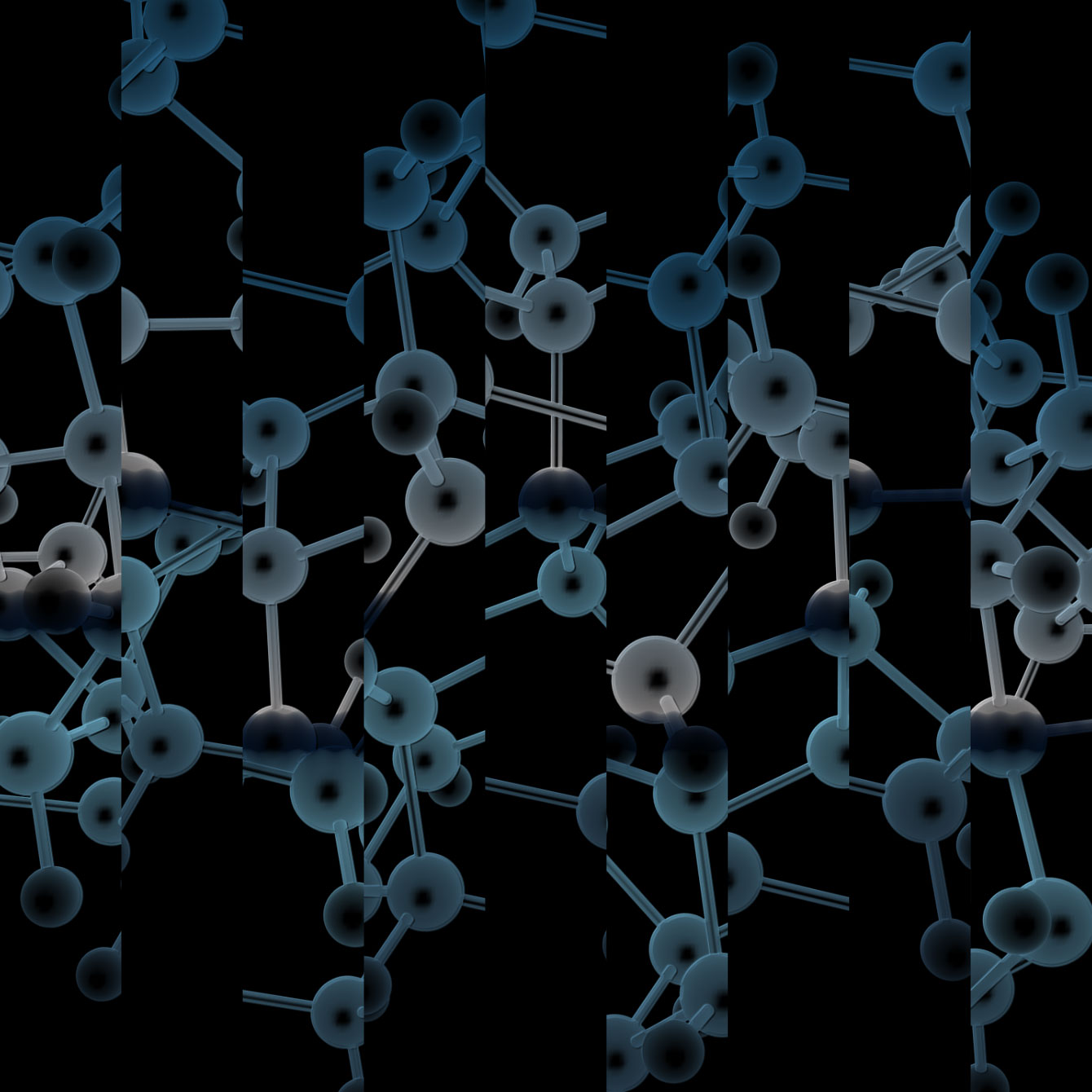
Computational Carbon Chemistry
The CCC group uses state-of-the-art computational chemistry to explore and exploit diverse functional organic materials.

Computational Molecular Evolution
The CME group focuses on developing algorithms, computer architectures, and high-performance computing solutions for bioinformatics.

Computational Statistics
The CST group focuses on the theory and practice of forecasts as well as on spatial statistics.

Data Mining and Uncertainty Quantification
The DMQ group uses stochastic mathematical models, high-performance computing, and hardware-aware computing to quantify the impact of uncertainties in large data sets.
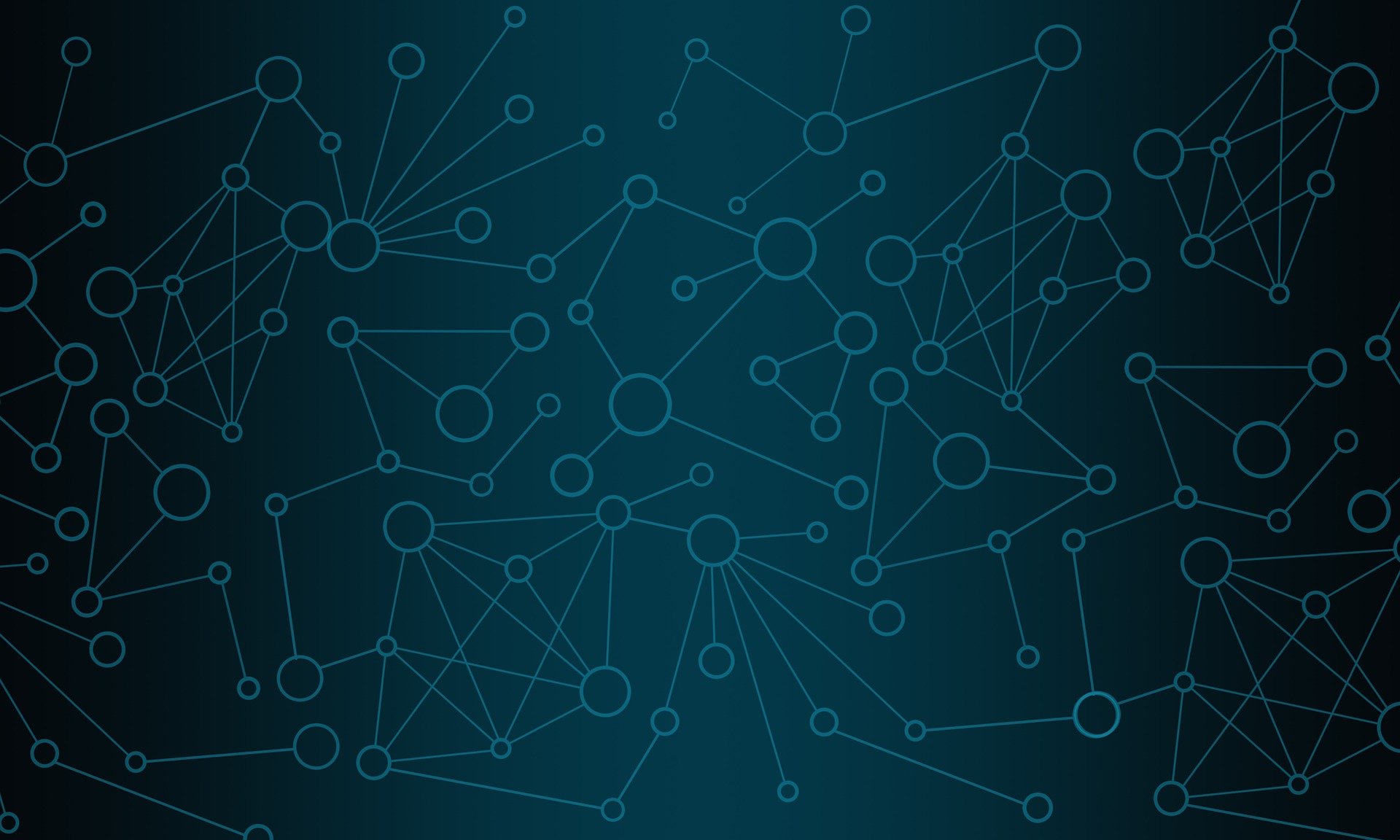
Machine Learning and Artificial Intelligence
The MLI group – established at HITS in September 2022 – works on novel algorithms and models for data-efficient learning, geometric deep learning, and …
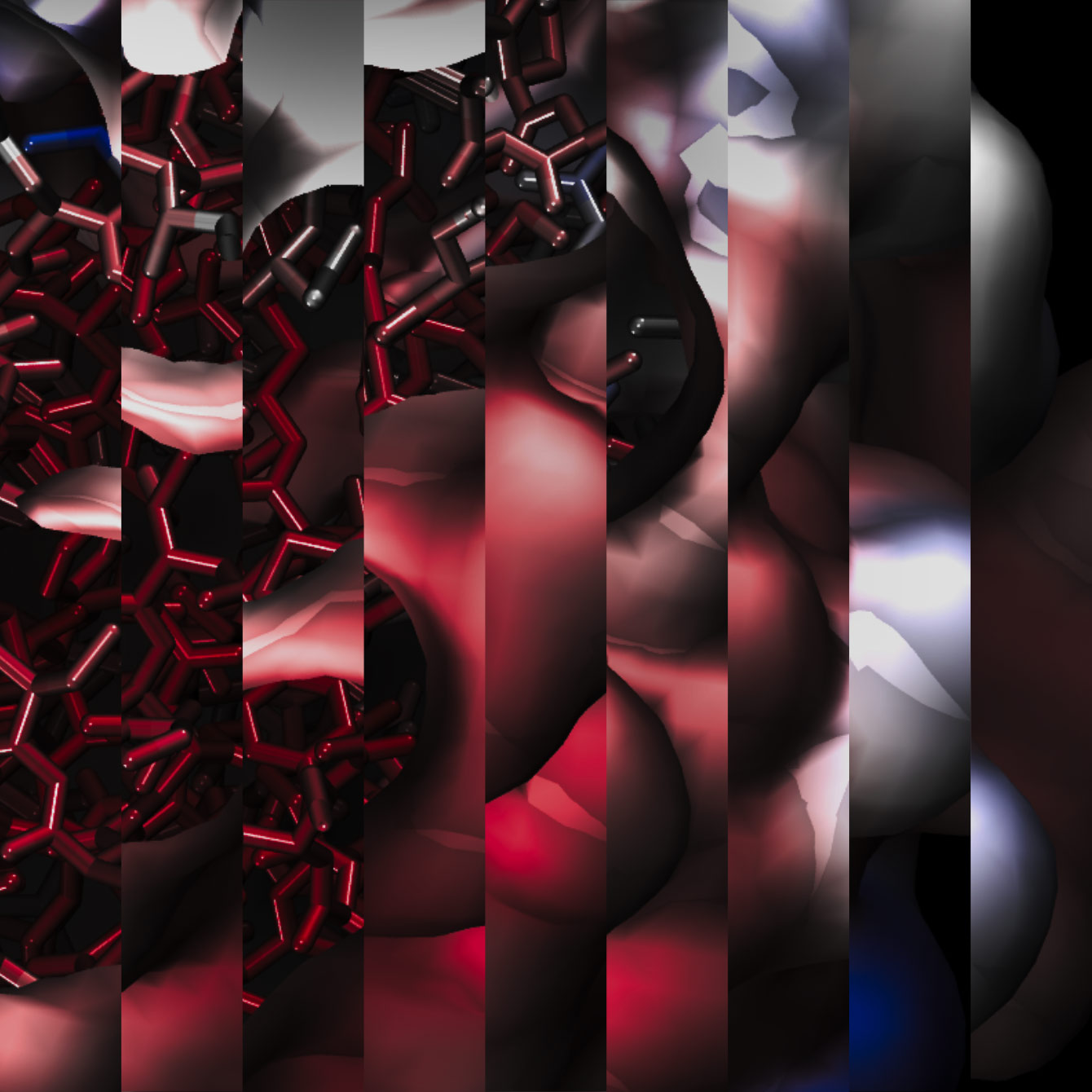
Molecular Biomechanics
The MBM group focuses on deciphering how proteins have been designed to specifically respond to mechanical forces in the cellular environment or as a biomaterial.
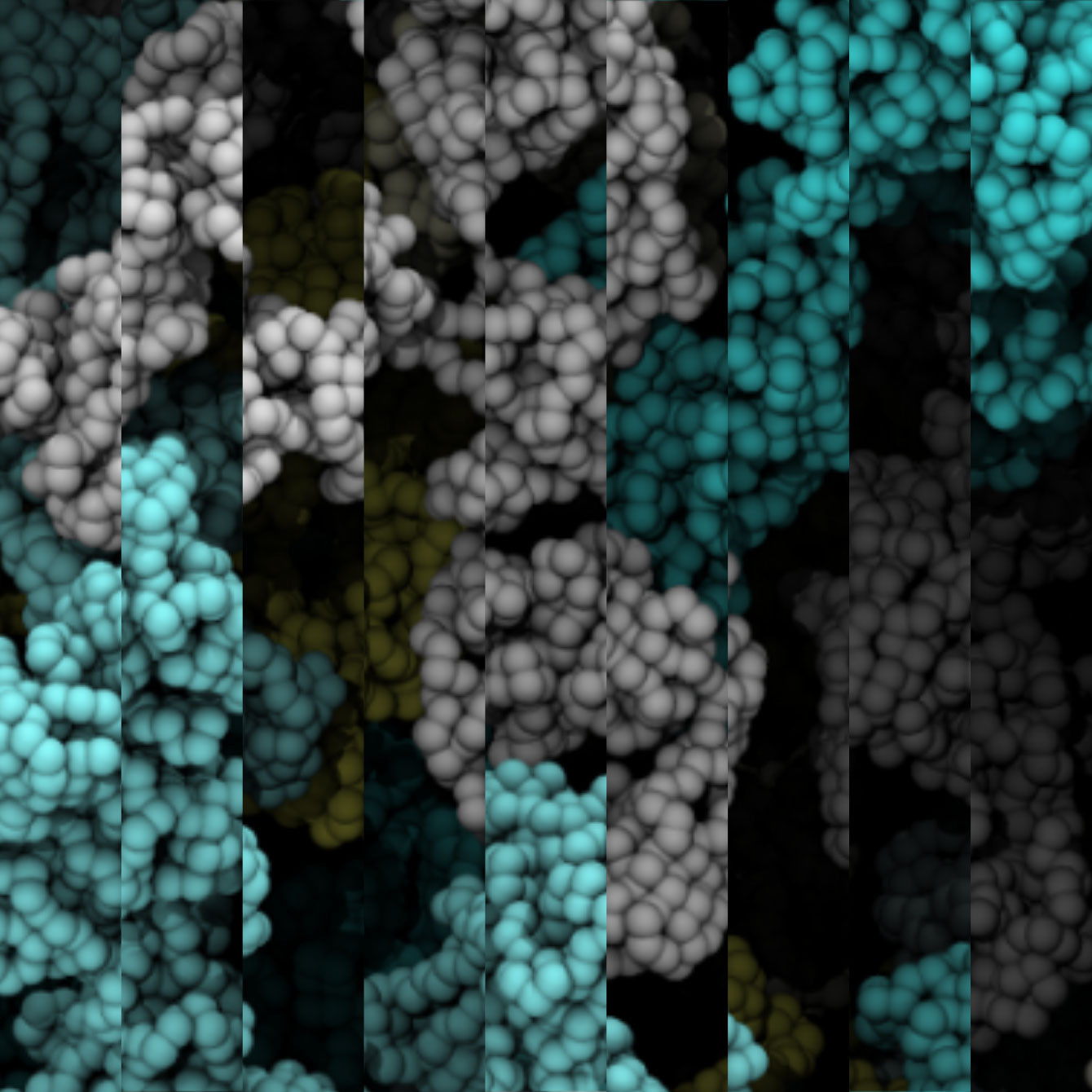
Molecular and Cellular Modeling
The MCM group focuses on the interactions of biomolecules. Research methods include interactive, web-based visualization tools and atomic-detail molecular simulations.

Natural Language Processing
The NLP group develops methods, algorithms, and tools for the automatic analysis of natural language.
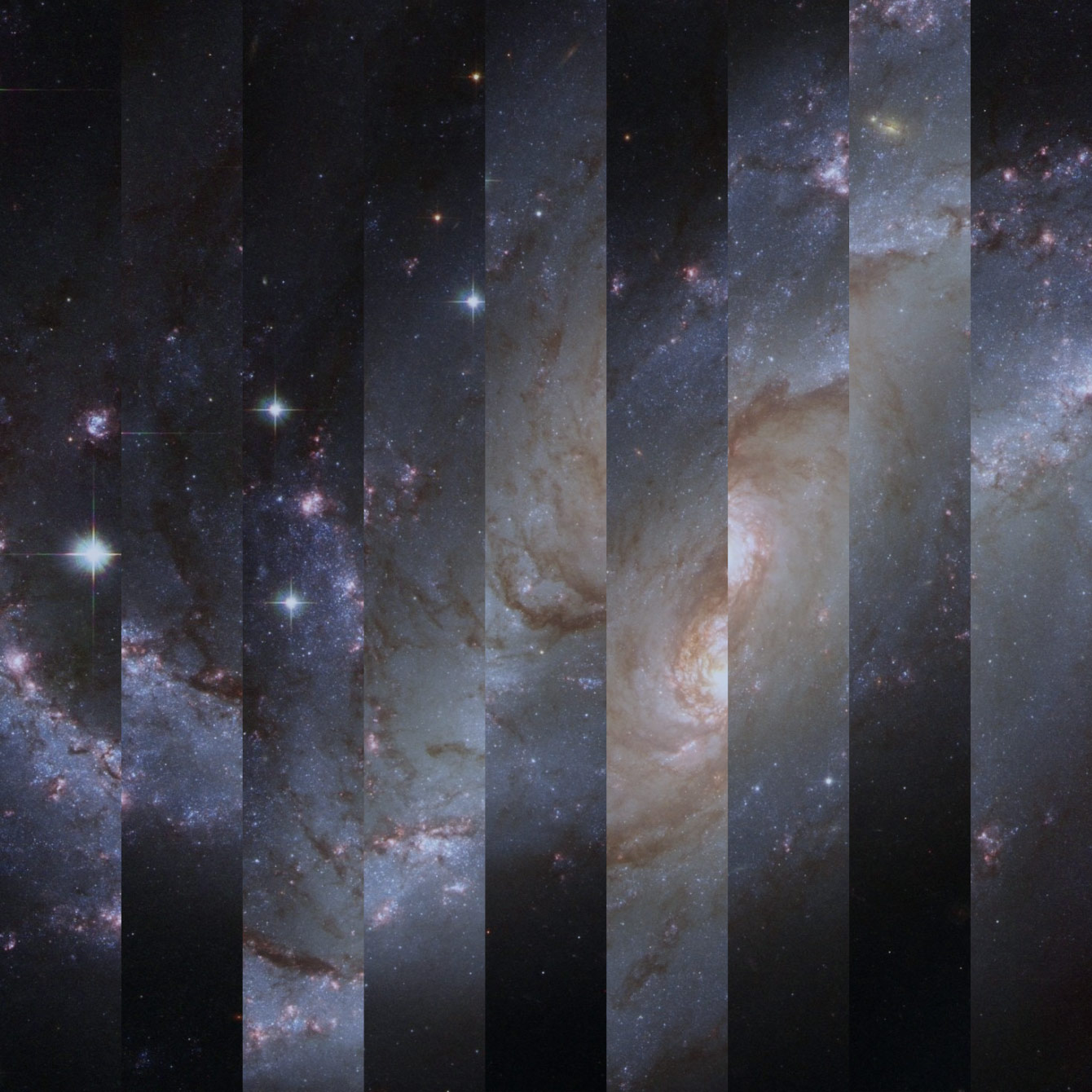
Physics of Stellar Objects
The PSO group models thermonuclear explosions of white dwarf stars leading to the astronomical phenomenon of Type Ia supernovae.
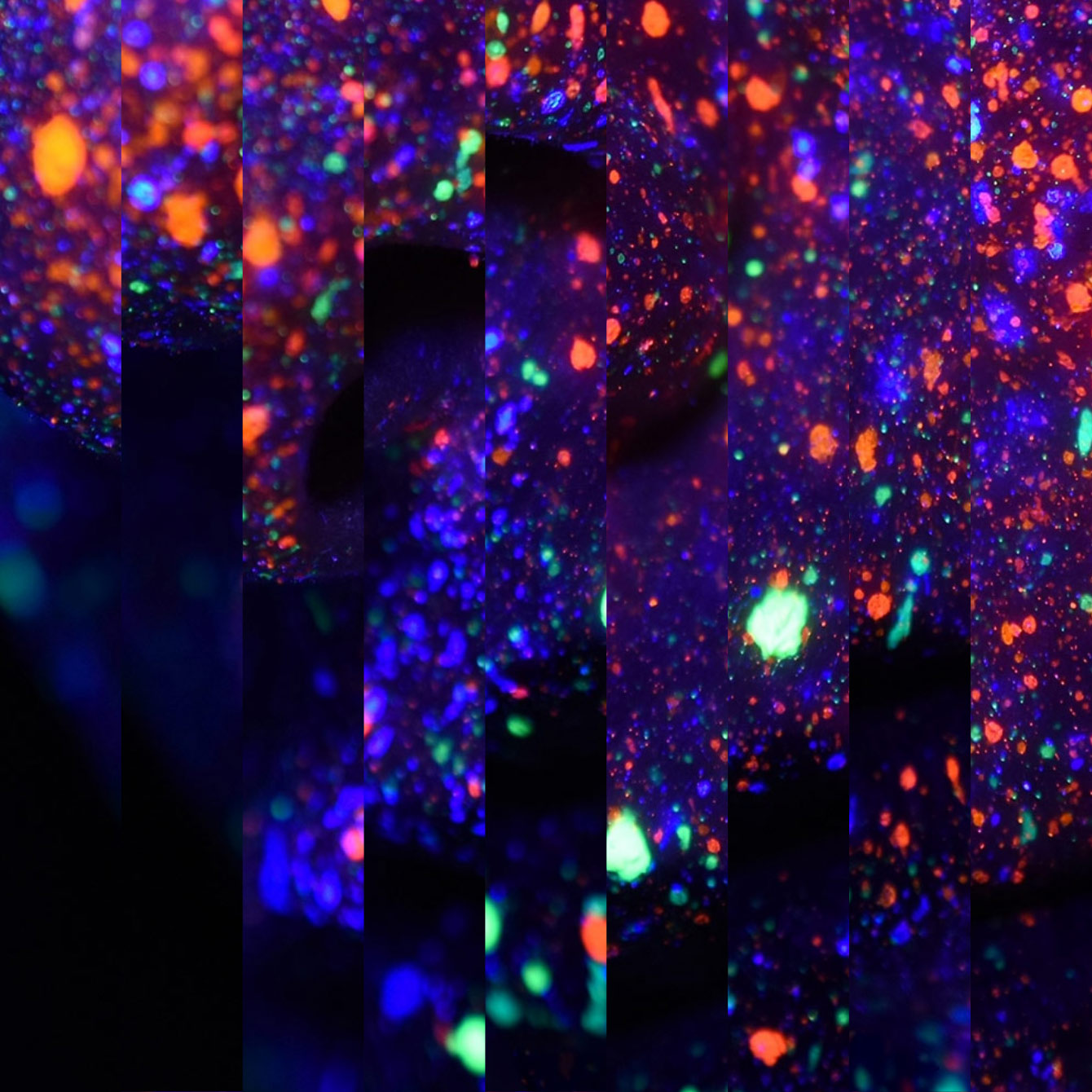
Scientific Databases and Visualization
The SDBV group improves data storage and the search for life science data, making storage, search, and processing simple to use for domain experts who are not computer scientists.
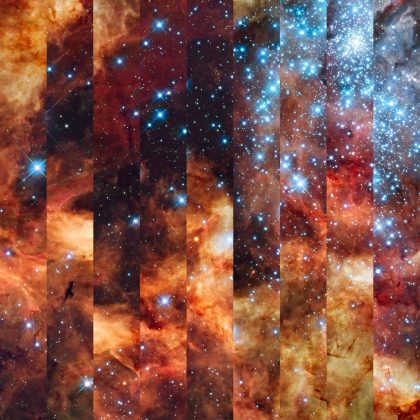
Stellar Evolution Theory
The SET group seeks to investigate the turbulent and explosive lives of massive stars.
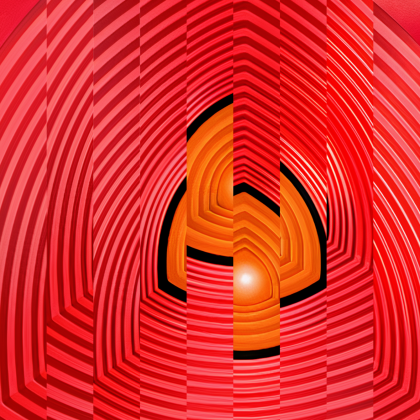
Theory and Observations of Stars
Stars are an important source of electromagnetic radiation in the universe allowing for studies of many phenomena, from distant galaxies to …

HITS Lab
The HITS Lab fosters collaboration across groups and disciplines emphasizing research across disciplinary boundaries.

Klaus Tschira Guest Professorship Program
The Klaus Tschira Guest Professorship Program aims to enhance international exchange and scientific collaboration at HITS in the natural, mathematical and …

HITS Independent Postdoc Program
The HITS Independent Postdoc Program offers a great opportunity for highly talented young scientists wanting to transition from PhD student to …